Psilocybe and Peer Review
An untold tale that reveals the corrosive acid of academia.
I’m going to share with you a peer review experience that I have mostly kept private for many years. There were several reasons and people that encouraged me to keep this private so as to maintain peace and harmony in the Fungal scientific community and I mostly had bigger fights on my hands with the contamination found in the vaccines and managing a start up.
I could only fight on so many fronts without spiritually exhausting myself.
Today, there appears to be a real awakening to the corrupt gatekeeping in Peer Review that led us like lemmings off a cliff during COViD. It is in the spirit of this pursuit that I want to disclose and document this story so the average person can understand what goes on in peer review and just how broken it is.
As many of my followers know, I have a passion for decentralizing medicine and I believe genome sequencing is a democratizing and decentralizing science. Its now USB stick in size and can be purchased for the price of a phone. With a little pipetting skill, high schools can run this in their labs , basements and even at the international space station.
Sequencing the genome of a species opens up a revolution for the breeding of that species. You merely need to look at crop yields since their genomes were completed and you can see very obvious trends regarding marker assisted breeding and the advancement of agriculture.
Like all technologies, genomics can also be wielded by centralized BigAg companies to acquire IP and harass small farmers.
The Human Genome Project witnessed 20% of the human genes being patented and while Justice Clarence Thomas restricted some of this behavior, man modified genes can still be patented.
Thus sequencing the genomes of medicinal plants and placing them in the public domain as quickly as possible can limit these patent land grabs and open source the instruction manual for synthesizing compounds that Pharma and the FDA like to Horse Paste.
To facilitate this we have sequenced over 2000 Cannabis genomes and put them public at Kannapedia.net. This is the largest open repository of Cannabis genetics in the world and it was crowd sourced by growers interested in Open Science and truthful timestamps regarding cannabis breeding innovation. Every genome is timestamped via etching (SHA256 Hash and stash) into various public blockchains.
In 2021 we decided to extend this public work to Psilocybe cubensis as we witnessed patients using these tryptamines in breast cancer therapy. We began by first constructing the best Psilocybe cubensis genome assembly to date. This is now the reference genome in NCBI for this species. I presented this genome project at CannMed.
This resulted in the construction and publication of Psilocydia.net: an analogous platform to Kannapedia.net for hosting public Psilocybe cubensis genomes.
We also host Viropedia.net which documents the strains of Hop Latent Viroid devastating the cannabis industry.
In 2021 we published these 81 Psilocybe genomes in F1000. This is where the Peer Review Drama begins.
We sequenced 81 genomes in a rapid clip. At the time only a few P.cubensis draft genomes existed in NCBI including our PacBio generated reference genome. This wasn’t easy as we were not allowed to collect mushroom tissue for this project given the illegal nature of this medicinal organism.
We had to invent methods to extract this DNA from Spores which are legal as they contain no Psilocybin. Spores, by design, are very hardy and difficult to lyse to capture DNA. This resulted in some background microbial contamination that we could not eliminate with all strains. This was a valid critique of the peer reviewers and we abided by their recommendations to better document the scale of this contamination with tools like Blobtools.
We submitted this to F1000 Research as they have an open peer review model that demands the reviewers put their name on the review. This is where things get interesting as it showcases the conflicts that emerge once transparency is in place.
The reviewers did provide some helpful feedback regarding spelling mistakes and some text that could be sharpened for clarity. We implemented their contamination checks into Psilocydia.net.
We quickly addressed these issues and resubmitted in December of 2021.
Despite harassing the journal for years, these reviewers never responded to our manuscript revisions.
A few months after we submitted our revisions, these Authors published a similar paper behind a paywall. The paper made use of ITS sequences to DNA barcode the Psilocybe samples. Not whole genome sequencing like we performed, but a very cheap and low information content short cut. Nevertheless a good paper.
You will notice, they specifically asked us to address the ITS sequences of our samples in our review. Which we complied with only to never hear from them again while they raced their paper out the door.
This is a classic “Sand in the gears” tactic academics and industry can engage in to slow down papers that might scoop their work. Its highly unlikely this paper would have made it into Cell if our paper containing more samples and much more thorough whole genome sequencing predated them. They had to slow it down. You’ll also note they stated “no conflicts" declared and never cited our work.
You can see, years pass by and our paper is stuck in purgatory.
So we decide to write another paper with Alistair McTaggart and Jason Slot who were a dream to work with.
This one was much better written and contained additional data on Psilocybe from Australia. It sails through peer review. Its a much more intriguing paper as it didn’t just document 81 genomes. It used that data to discern if Psilocybe arrived in Australia very recently from commercial spores that were smuggled into the country or if it had an earlier introduction. We conclude that they must have been imported much earlier than spore cultivation was discovered in the 70s. The genetic divergence points to cattle introduction over a century ago.
Shortly after this, these same reviewers came knocking on our door to assist them with our data.
I never reached out to them before as F1000 asked us not to contact these authors despite years of sand bagging. But the moment they reached out to me I let them know that their requests were full-filled in the paper they rejected.
They respond with an appeal to snowflakes.
The irony in this request of theirs is that this data was all publicly available from the first paper they rejected! They are looking for the FastQ files which can be found on every sample in Psilocydia which is now 112 genomes large. Much more data than what was pooled together for either paper.
His reply doesn’t address any of the conflicts.
He then tries to clean his tracks at F1000
He lists this email as evidence that he provided a second review in June of 2022 but the Journal asked him to adjust it for tone.
He never responded.
You will note, his objection this time is that we don’t have some permission slips for the samples. We have better than ‘vouchers’ from an Herbarium. We have part numbers from spore providers that anyone can purchase and verify. Anyone! His Herbarium only hands out samples to scientists with DEA licenses. I can’t obtain samples from this Herbarium. So his reason to reject the paper is a game of academic protectionism. Likewise, the public doesn’t care about his ‘ant farm’ collection of samples. They care about the genetic veracity of Psilocybe samples being sold to the public and that are in circulation for medicinal use.
He is rejecting the paper because he is projecting concern over the data in the same email thread that he came crawling back begging for the data in 2024! This is insult to every spore provider and medical patient. These academics don’t want your stuff sequenced unless they do it first and they definitely look down upon all of the spore companies performing excellent documentation of the genetics they sell.
And lo and behold, they have a paper that emerges in 2024 where they sequence the whole genomes of the samples in their Herbarium.
I responded asking the F1000 team to NOT remove anything as this is a matter of public record now.
So even in fields where you think researchers would have some experience with dissolving their Ego, there is in fact too much to go around. I’m sympathetic for F1000 in all of this. They don’t get paid until the paper publishes. They were tortured with all of this work without any reimbursement. They clearly grew tired of the case and never responded to any emails once Bryn and I were on the same chain. I don’t blame them.
Their model would likely be more effective if they took some money up front and some on completion. This can’t scale or be affordable for a $3000 publication fee.
This is the sausage of peer review.
Even when the topic is liberating illegal medicinal genomes that are known for inducing a state of awe, liberty, ego dissolution and humility, we see school yard spats, sand bagging competitive papers and dishonesty in peer review.
Regardless of the F1000 ‘Fact Check’ on our work, the data is used in other manuscripts that get into Cell, Current Biology. The real peer review is in reproduction and in the free market. When people start using your data, reproducing your data and sometimes citing your work, you can begin to sort the wheat from the chaff.
In the end, this reminds me of the conflicts in Peer review that is orchestrated by a 3rd party. F1000 is trying to do the right thing with open peer reviews but episodes like this make researchers shy away from getting involved in open peer review. They are not paid to review. So its all downside for the reviewers to stake their name and not get paid for such work. As a result it tends to only attract reviewers who have a vested interest in slowing your work down.
There is no incentive for these reviewers to work quickly.
I also noticed a cancel culture during COViD. People who were deemed anti-vaxxers had their papers attacked on Pub-Peer and often retracted for unholy reasons. Mobs would form and I suspect scientists captured by these cults boycott reviewing papers from controversial authors to slow them down. Some were even thrown out of their universities for publishing wrong-think. Hypothesis papers from Sabine Hazan were even retracted. A hypothesis! You are not even allowed to hypothesize about wrong think!
We have indeed seen challenges finding reviewers for our papers in F1000 ever since our more controversial publications have emerged.
Bitcoin addresses many of these broken incentives. A public immutable ledger can not only facilitate incentive programs for review, but it can record and timestamp all communications with the reviewers on an immutable ledger.
In many ways, you can construct a Peer to Peer review system that bypasses the Journals and removes a potential attack surface. Although this case was unlikely influenced in this manner, many of the controversial COViD papers were in fact influenced by the Journals and presumably their advertisers. Surgisphere and the Proximal origins papers are two cases worth understanding. We now known these fraud papers to be influenced by outside forces to drive a false narrative about the origins of the virus and the potential life saving generic treatments.
There is an effort ongoing in the Bitcoin standardized El Salvador to boot up a Peer to Peer review system. We look forward to their success.


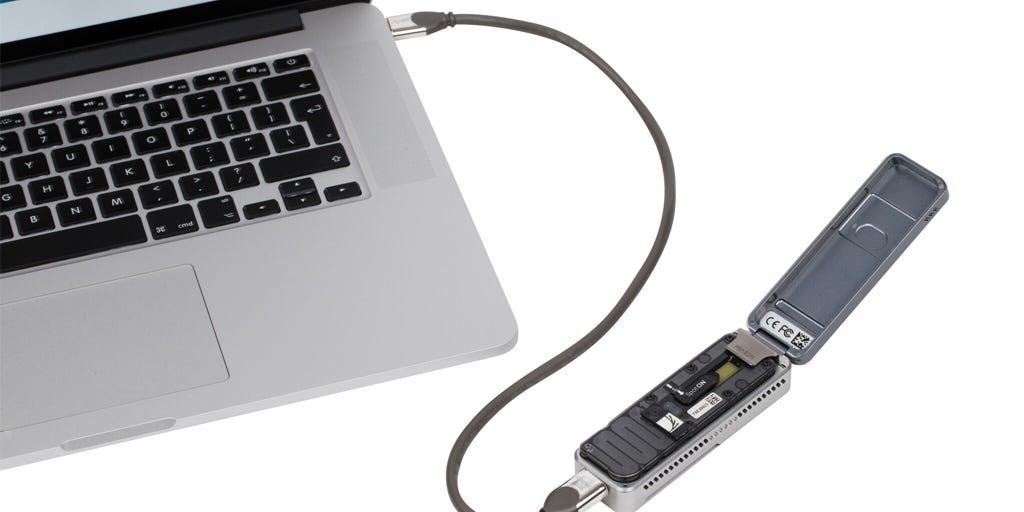
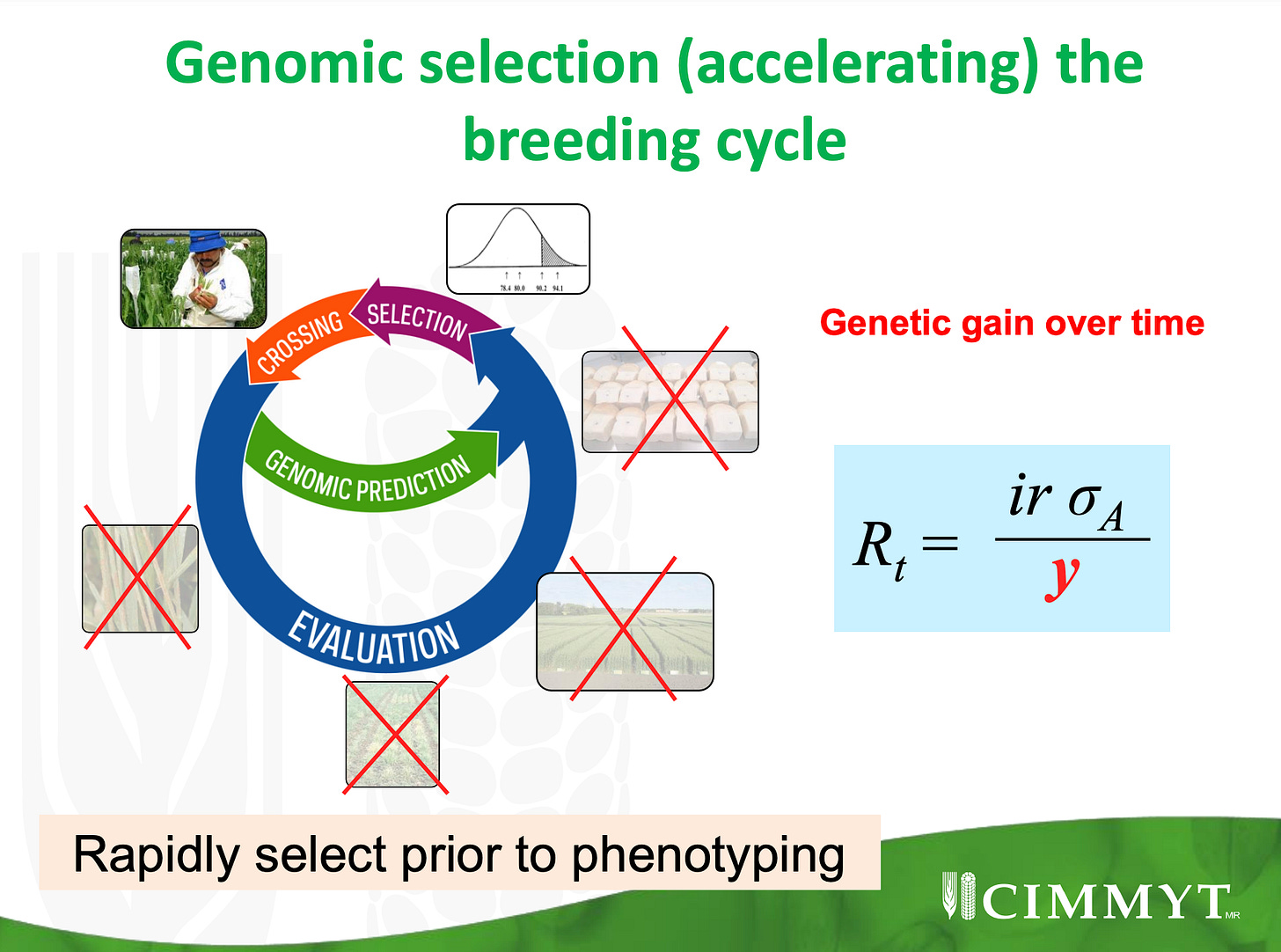
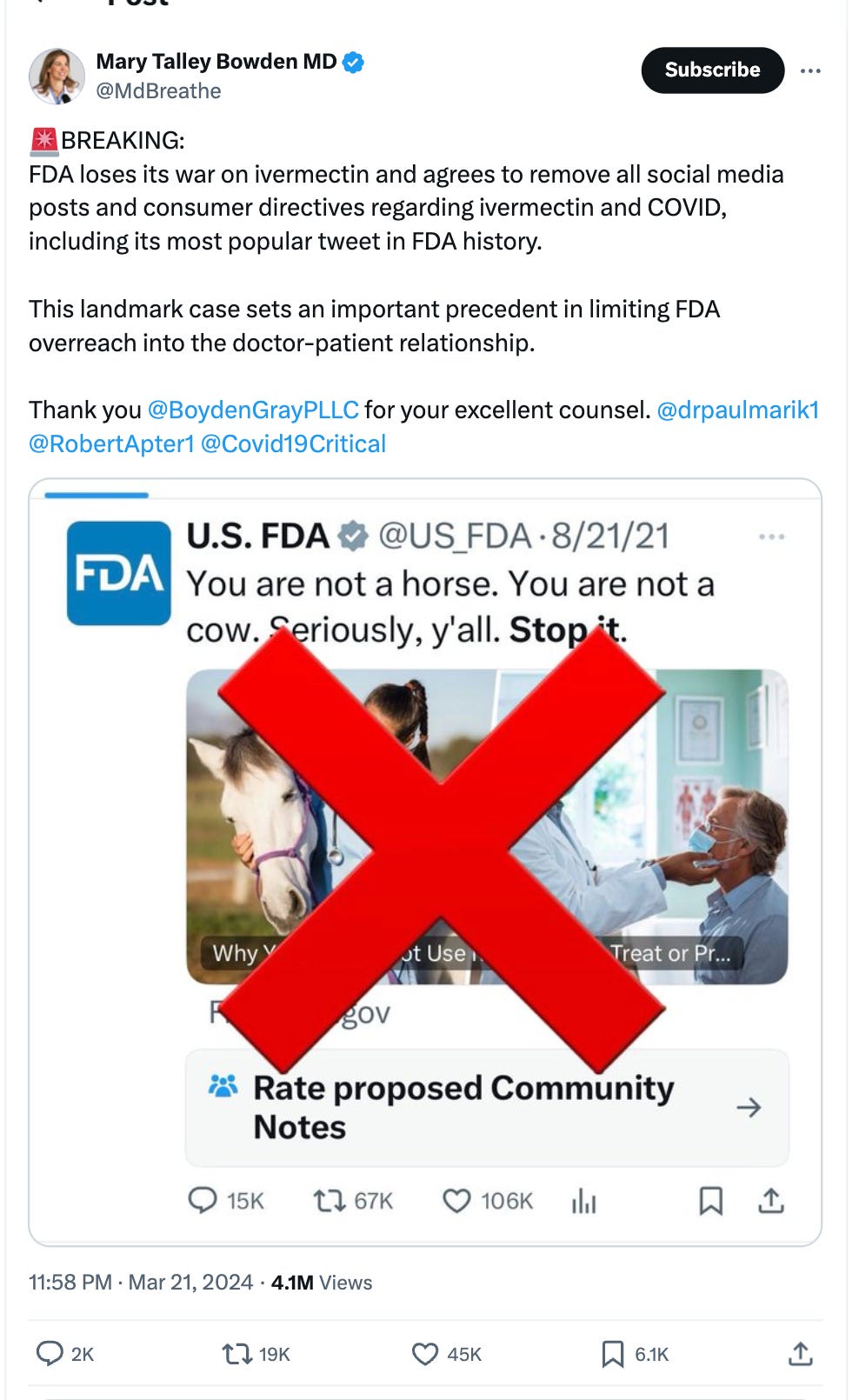
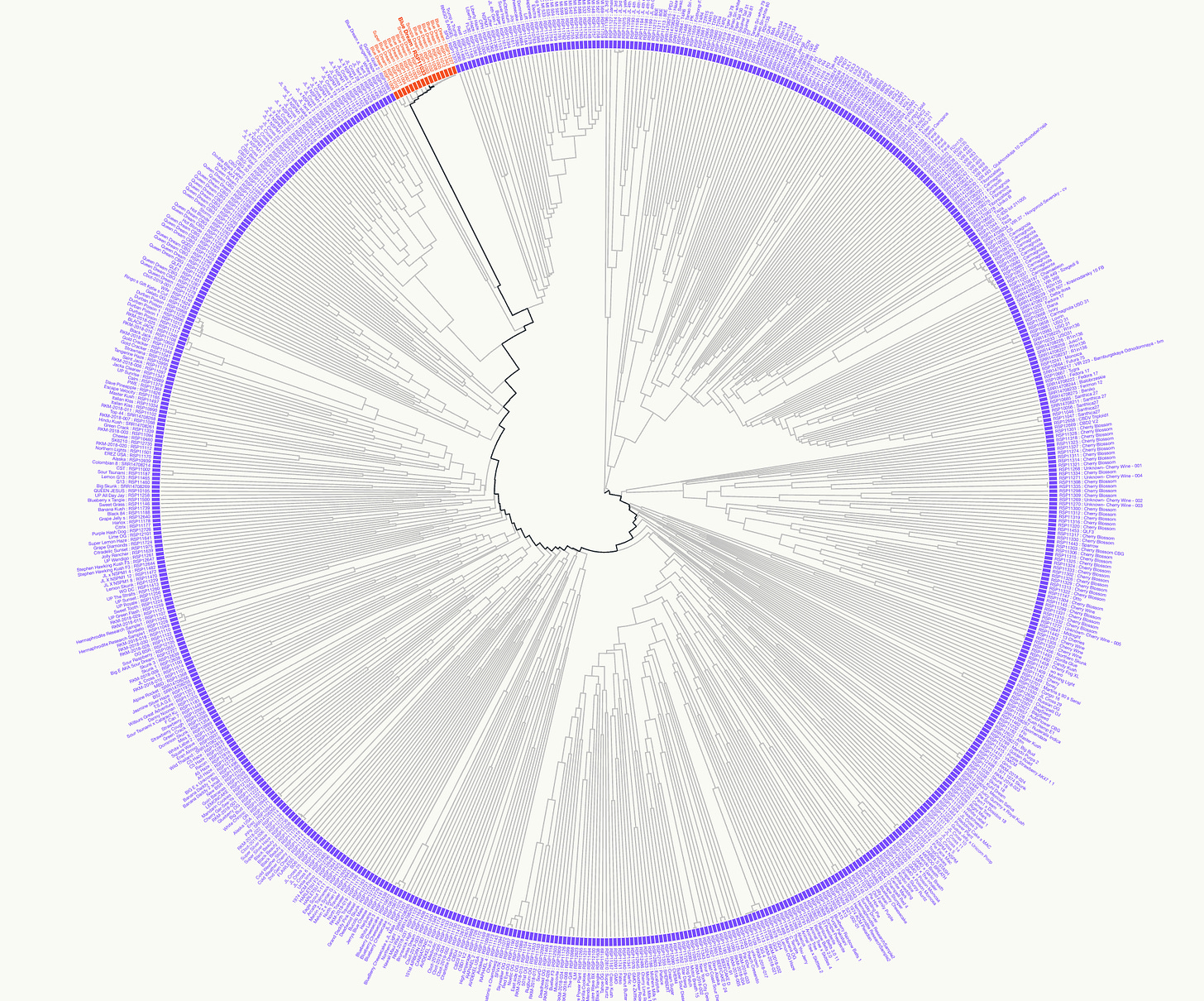
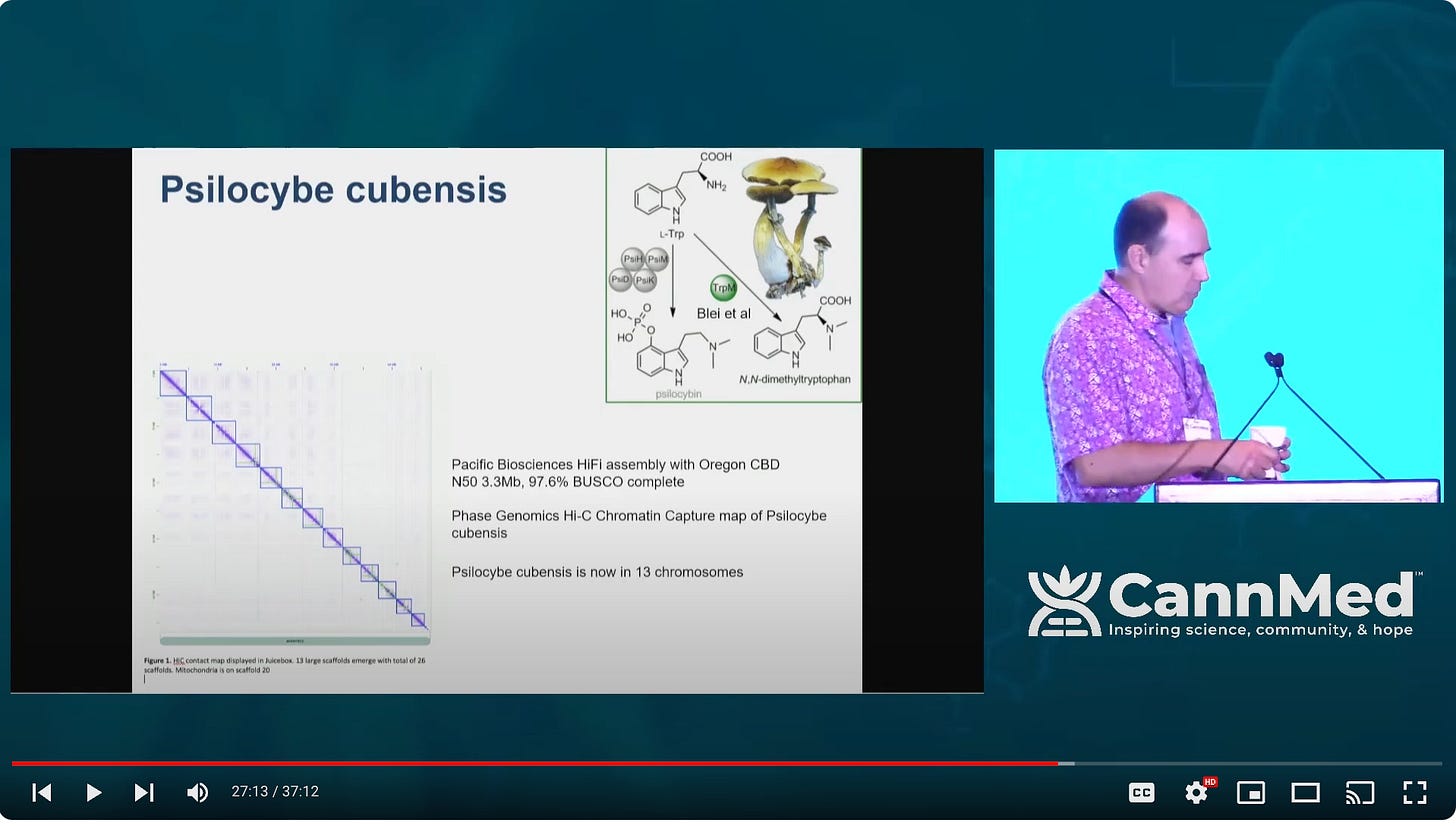
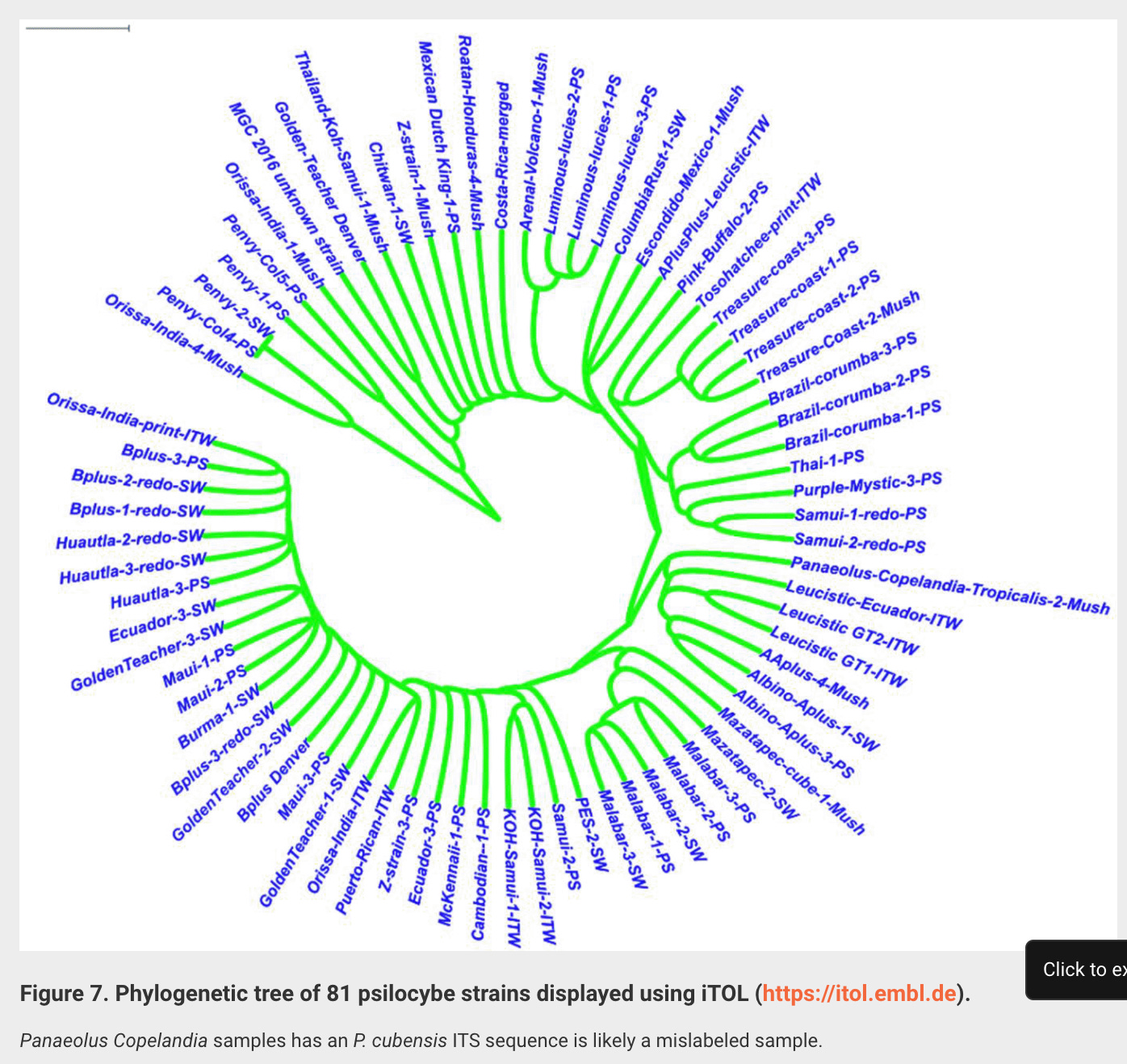

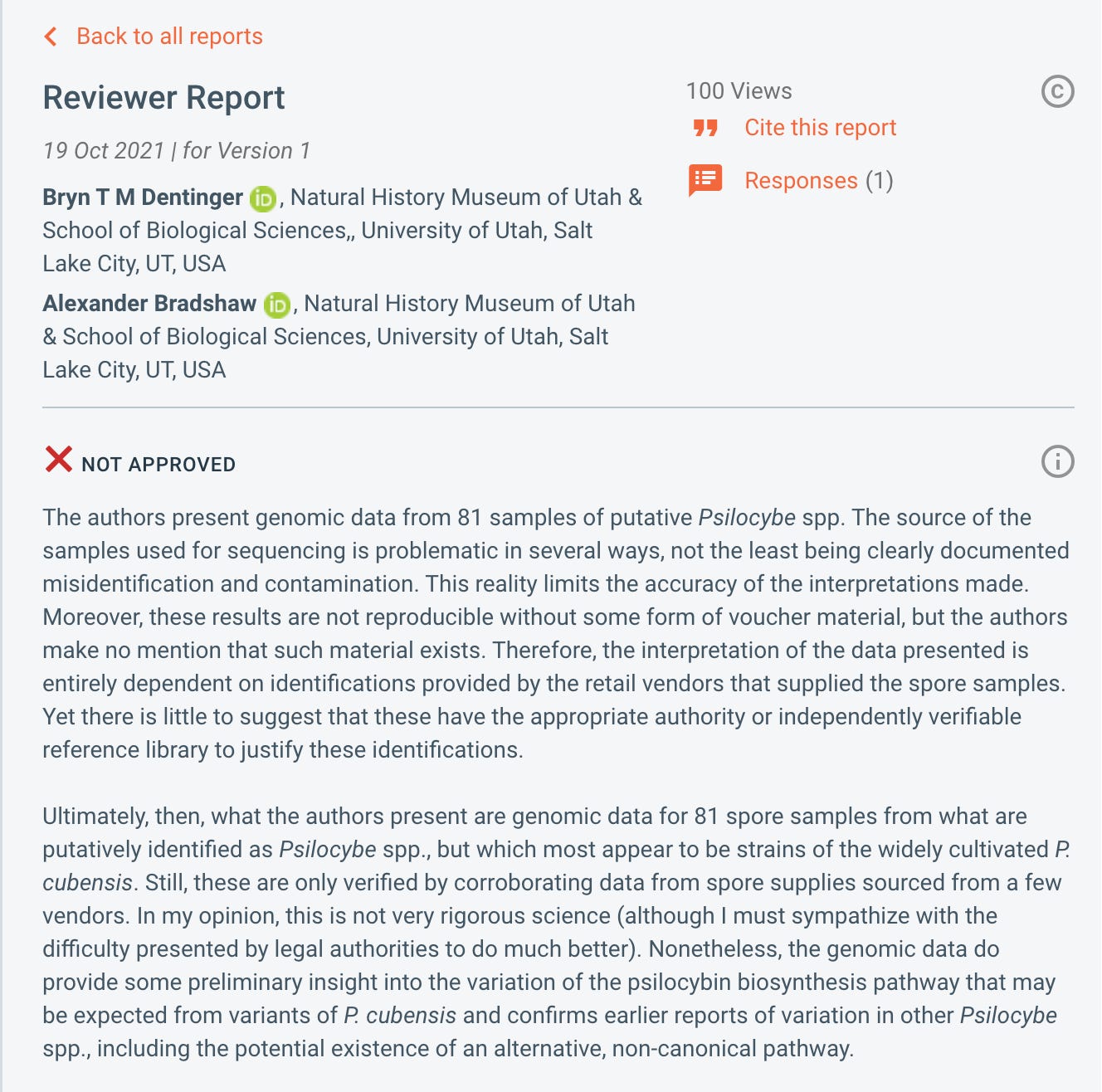
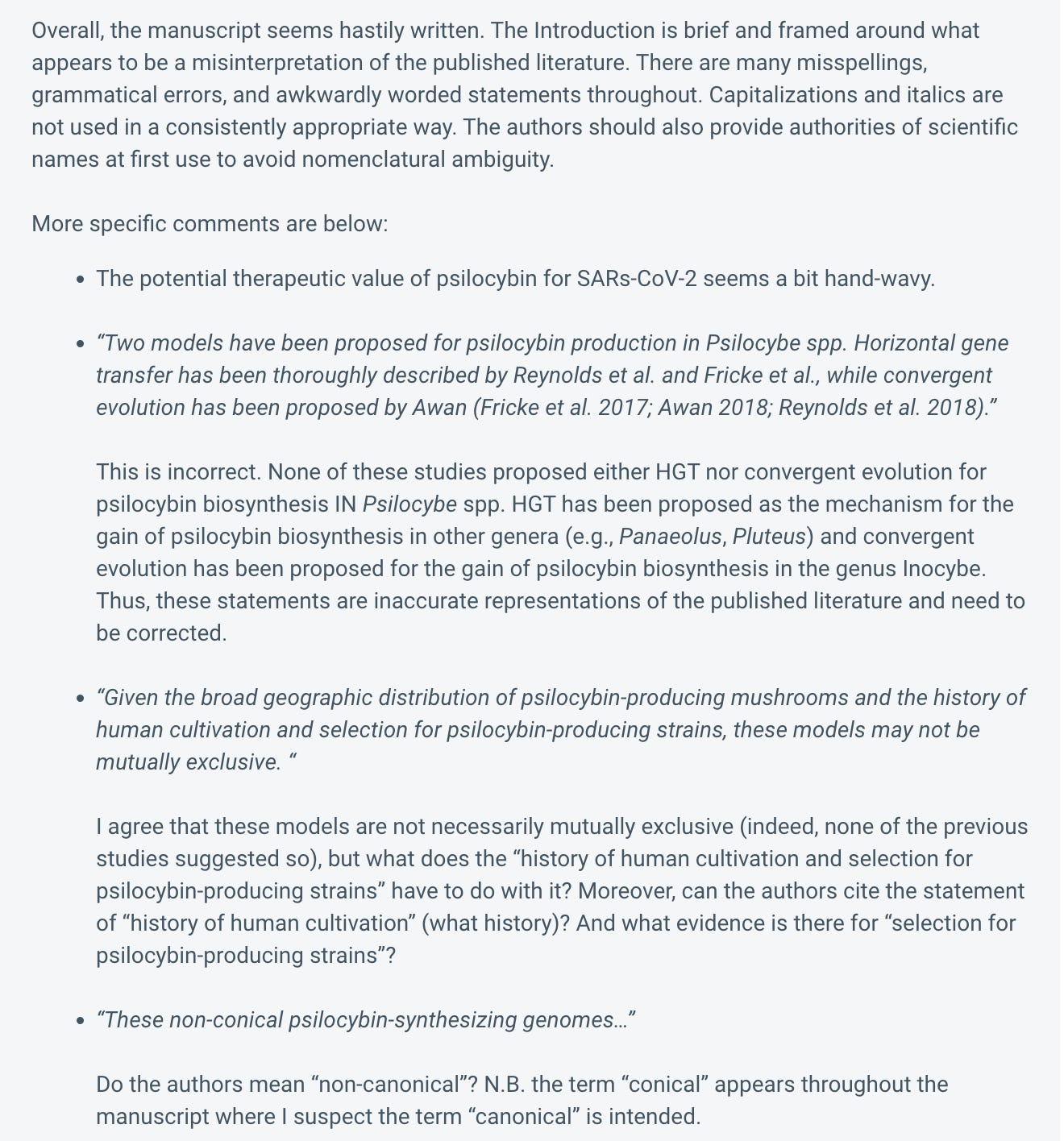
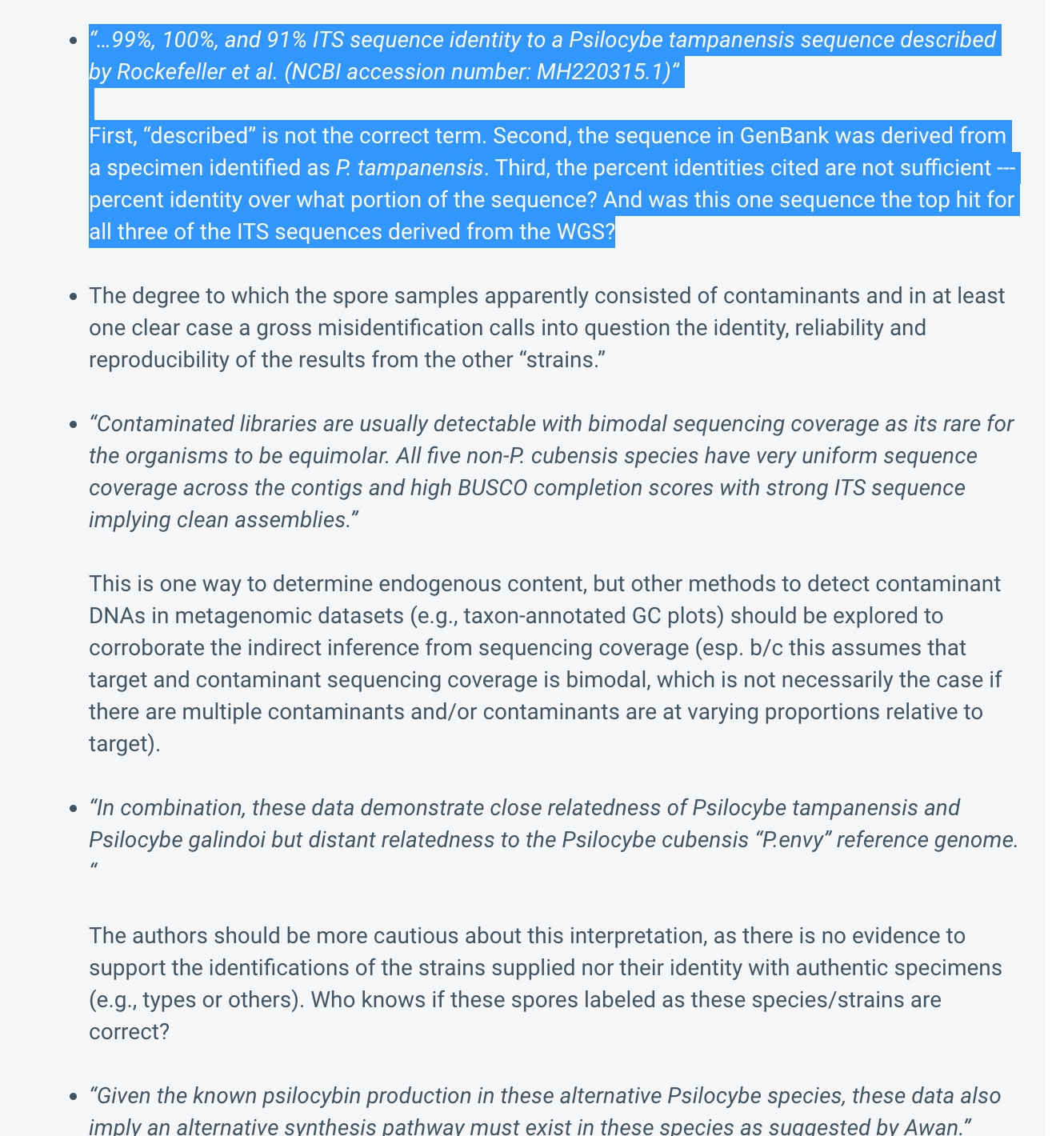

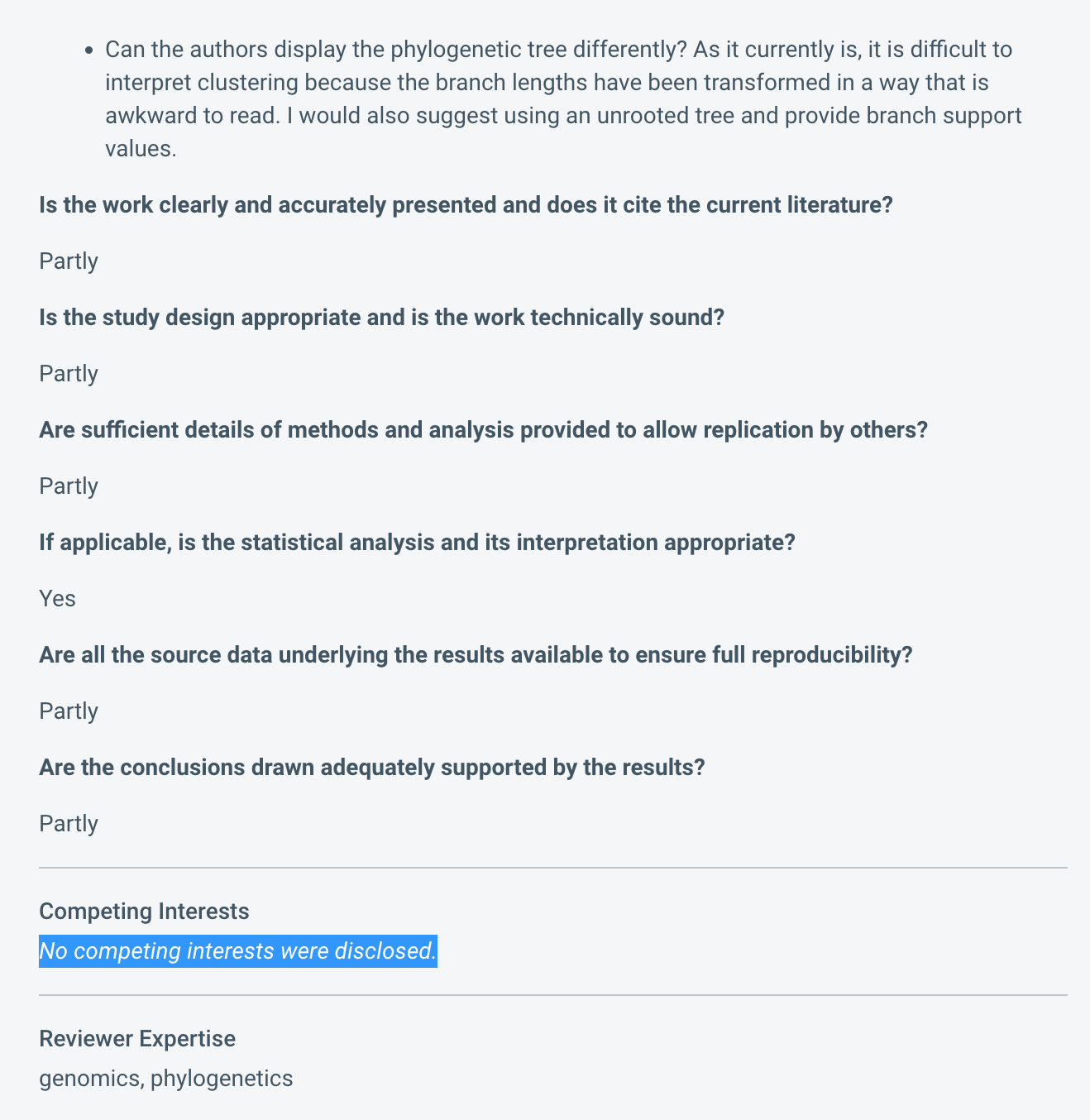

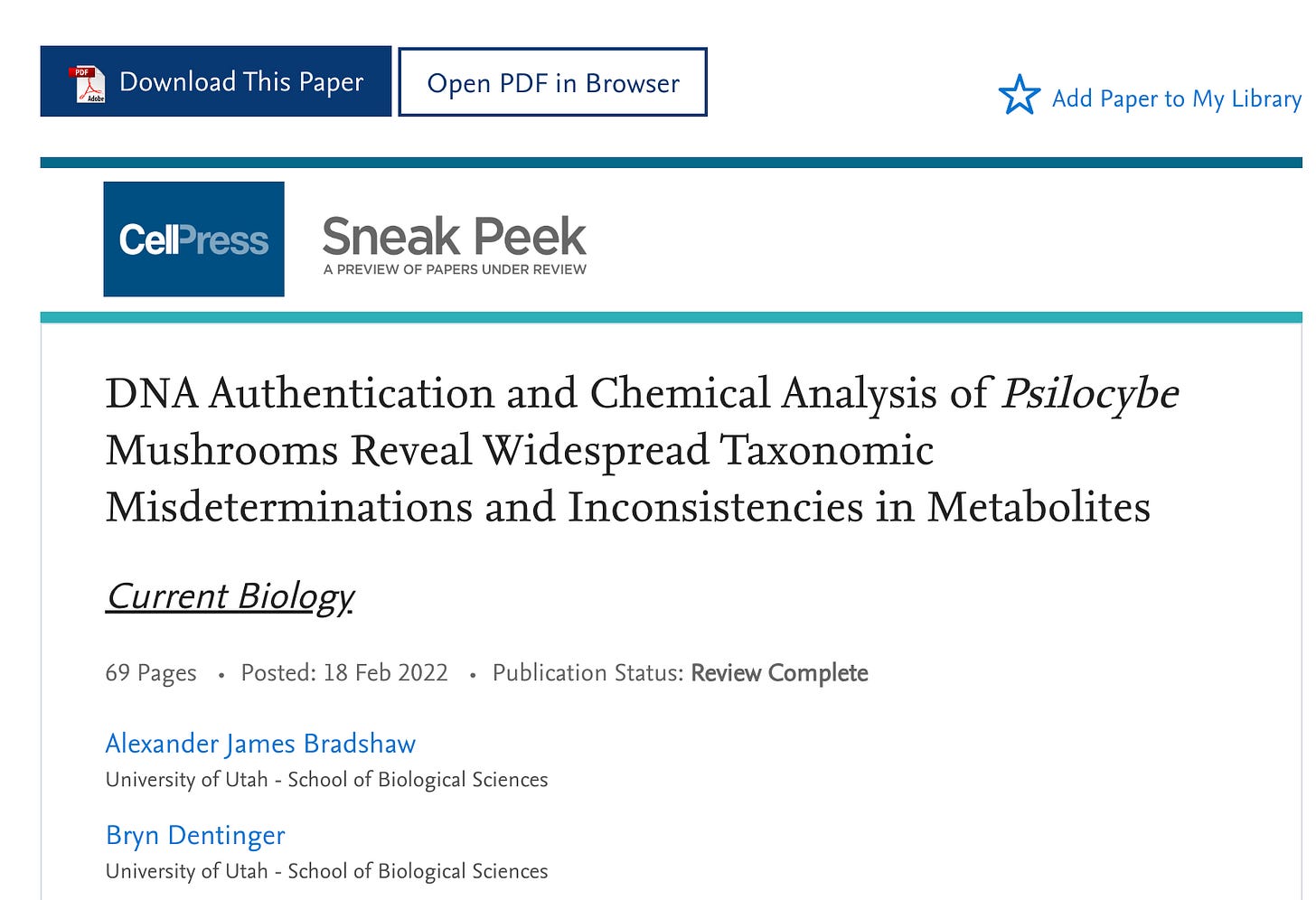



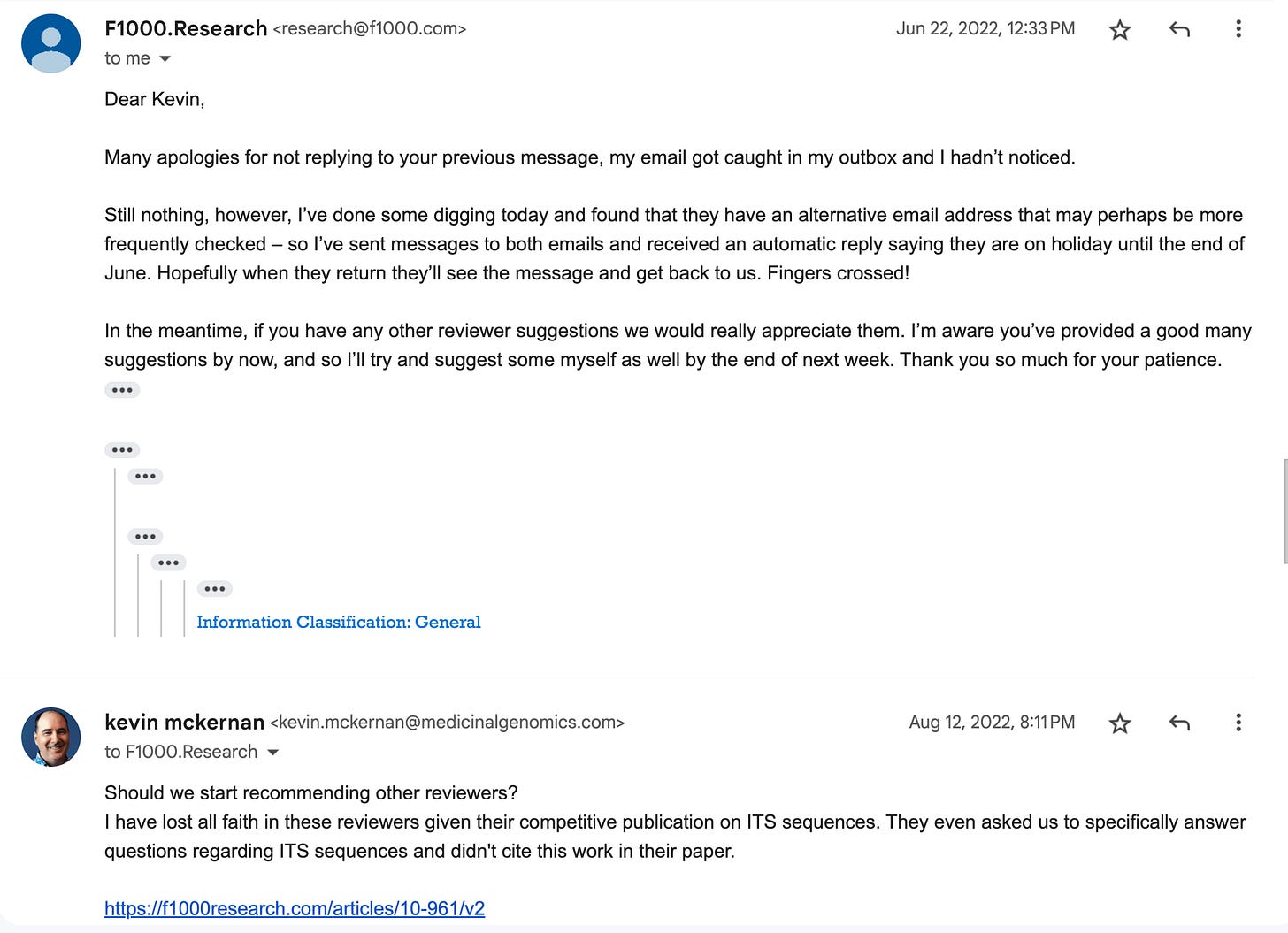



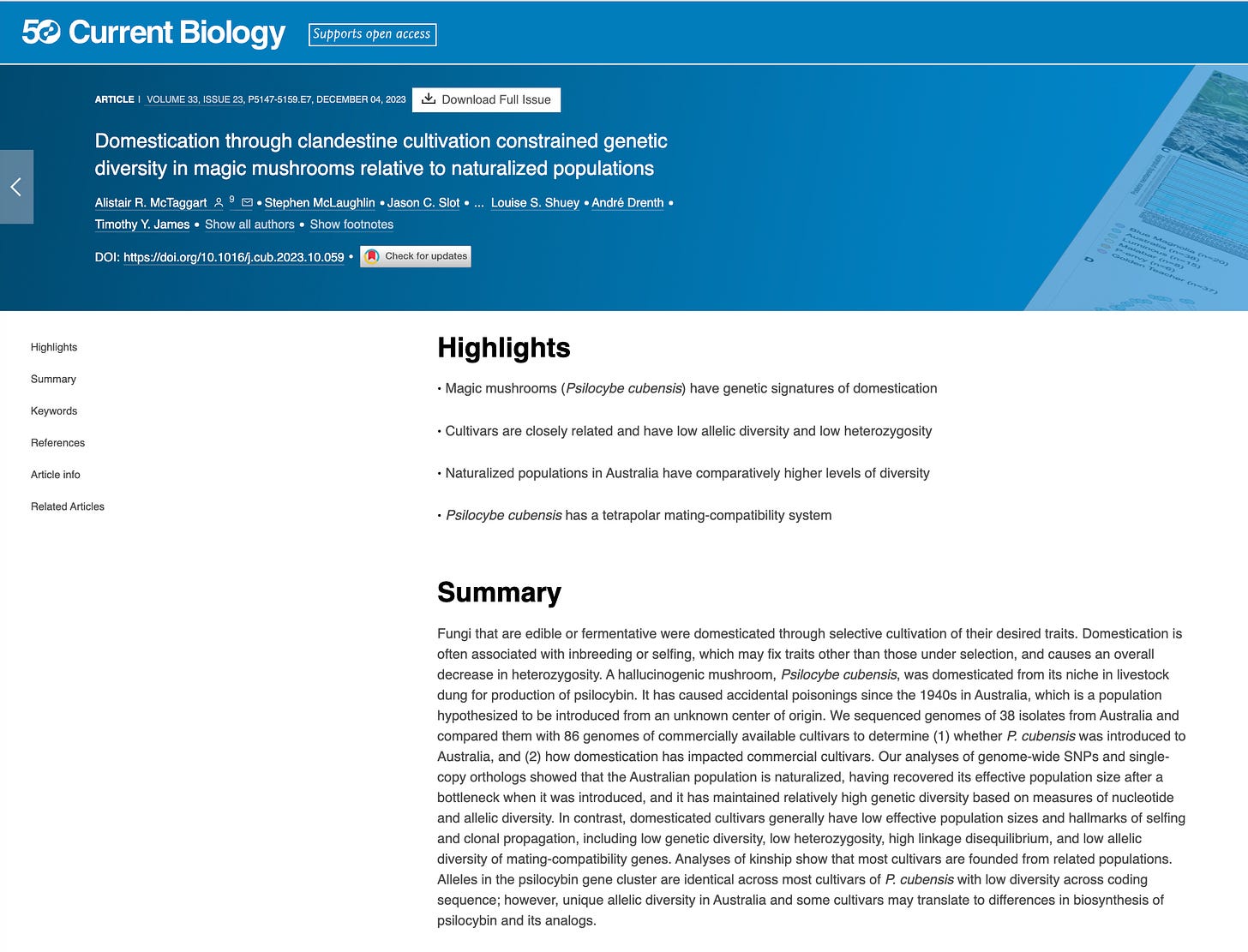
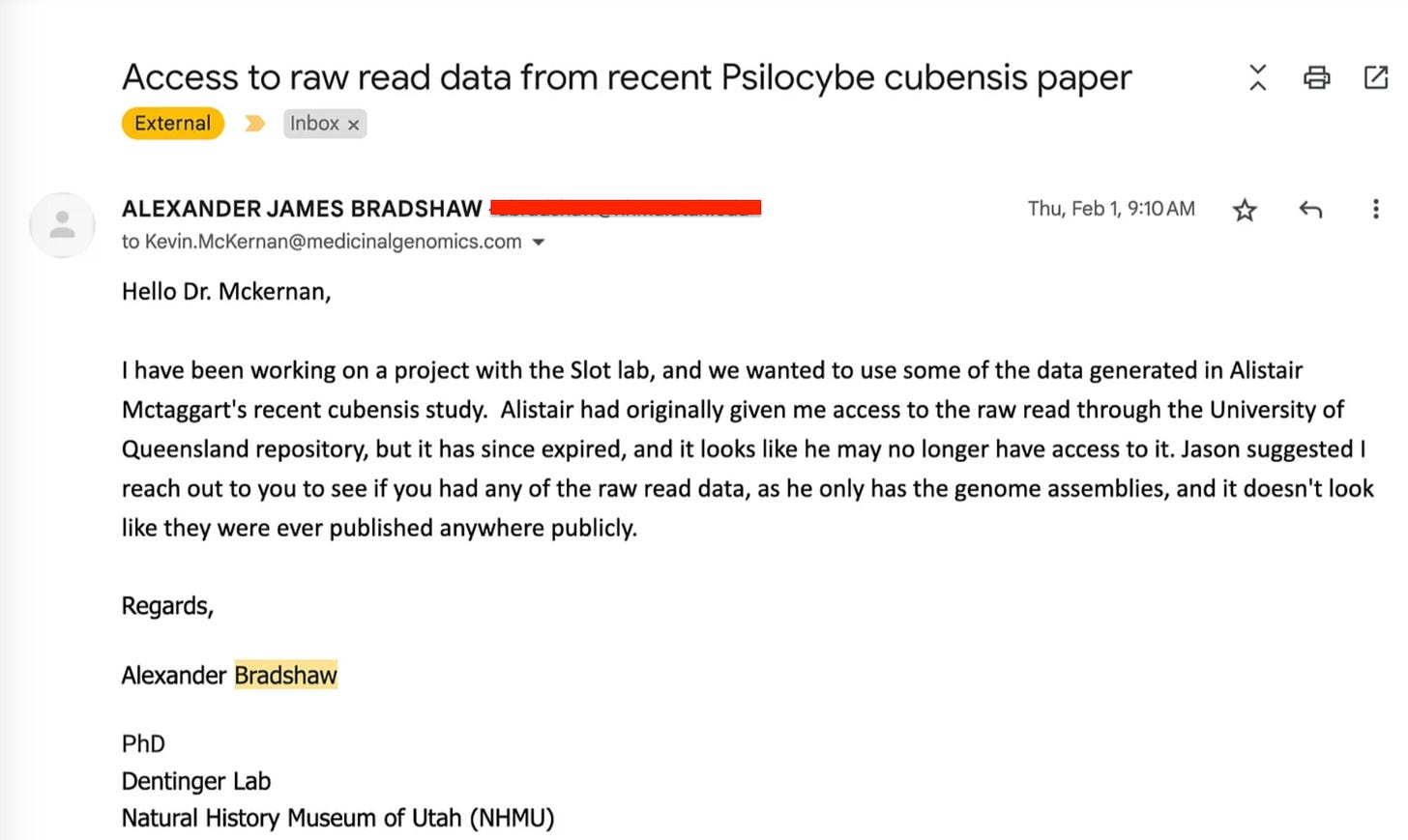


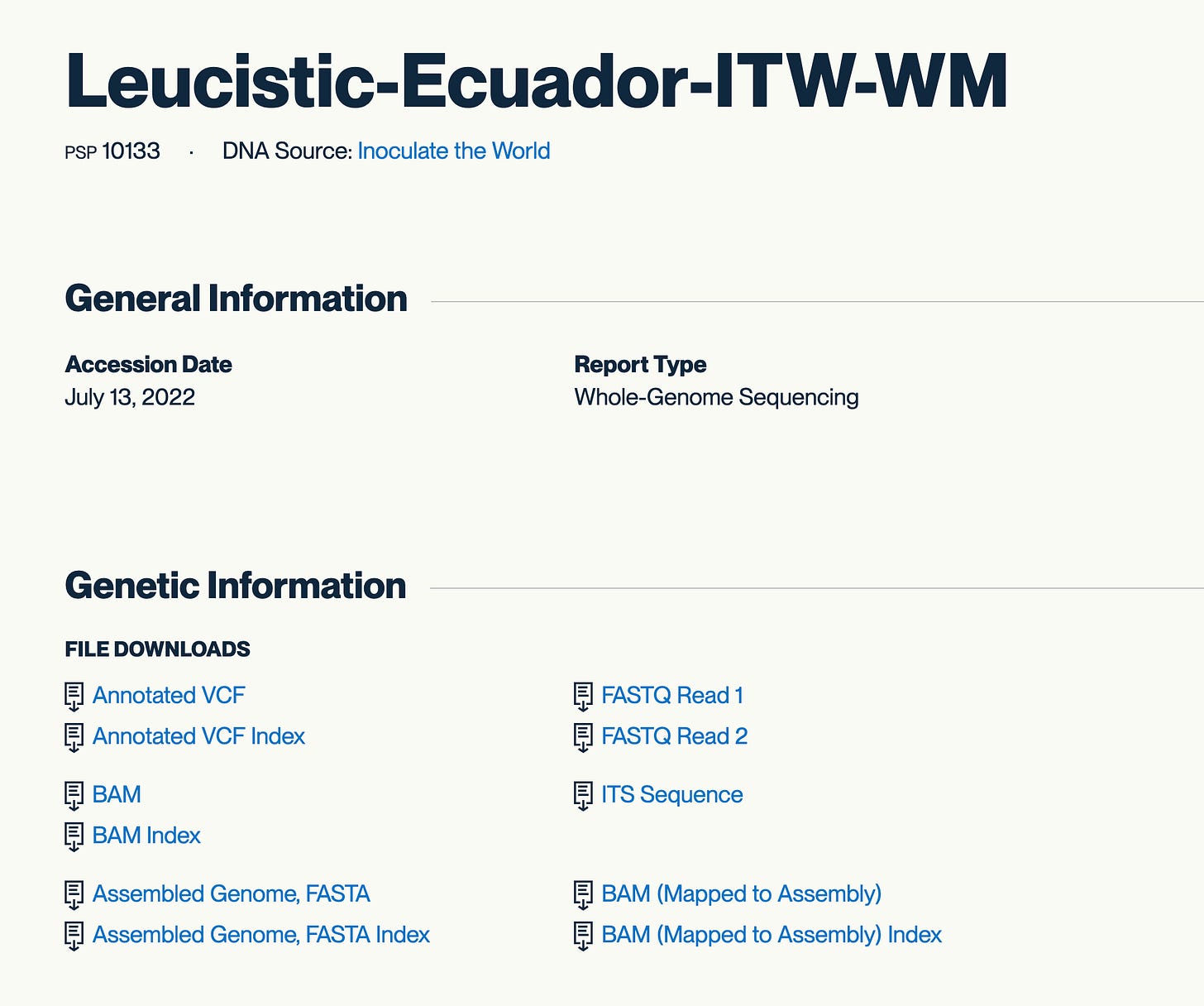





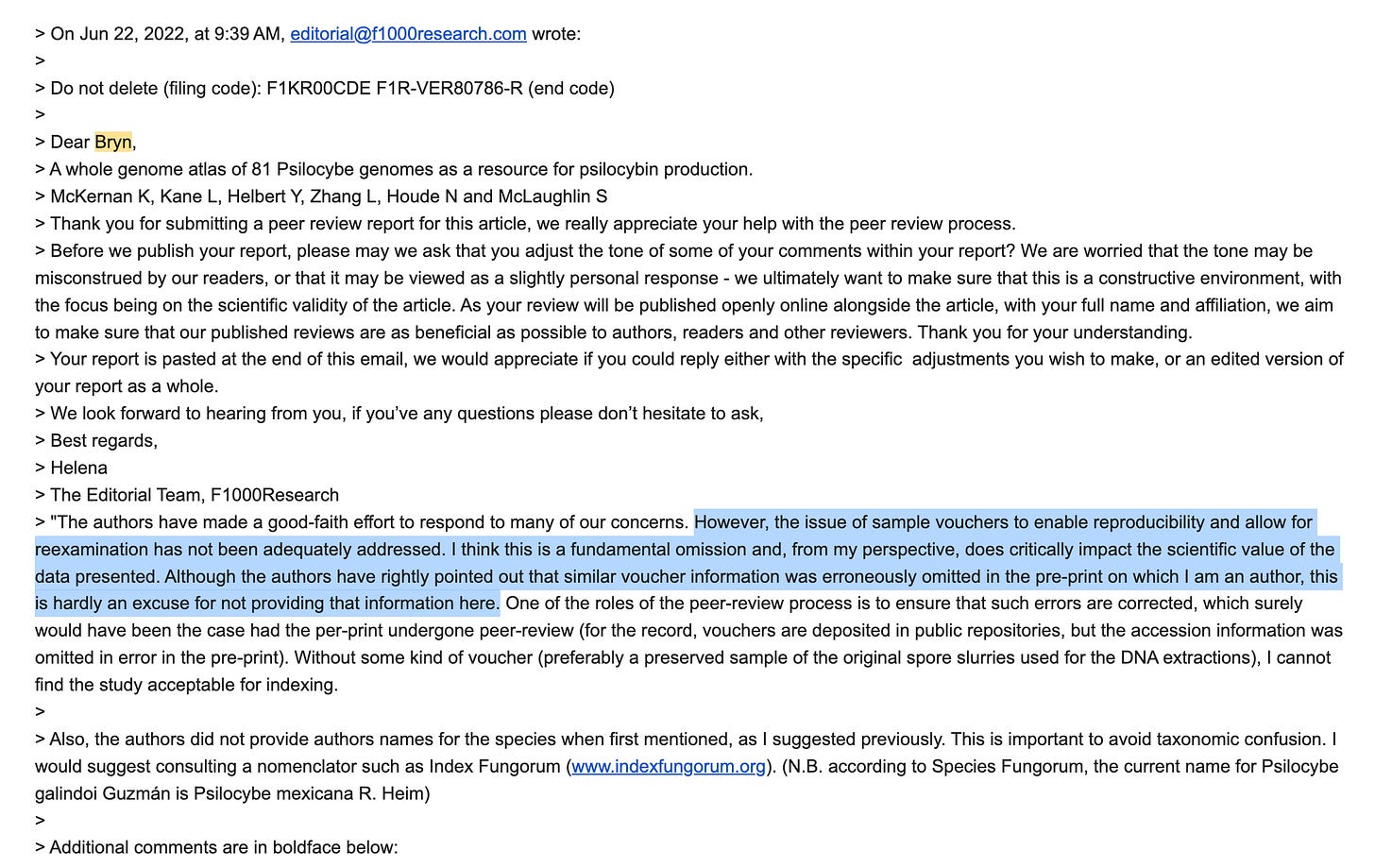
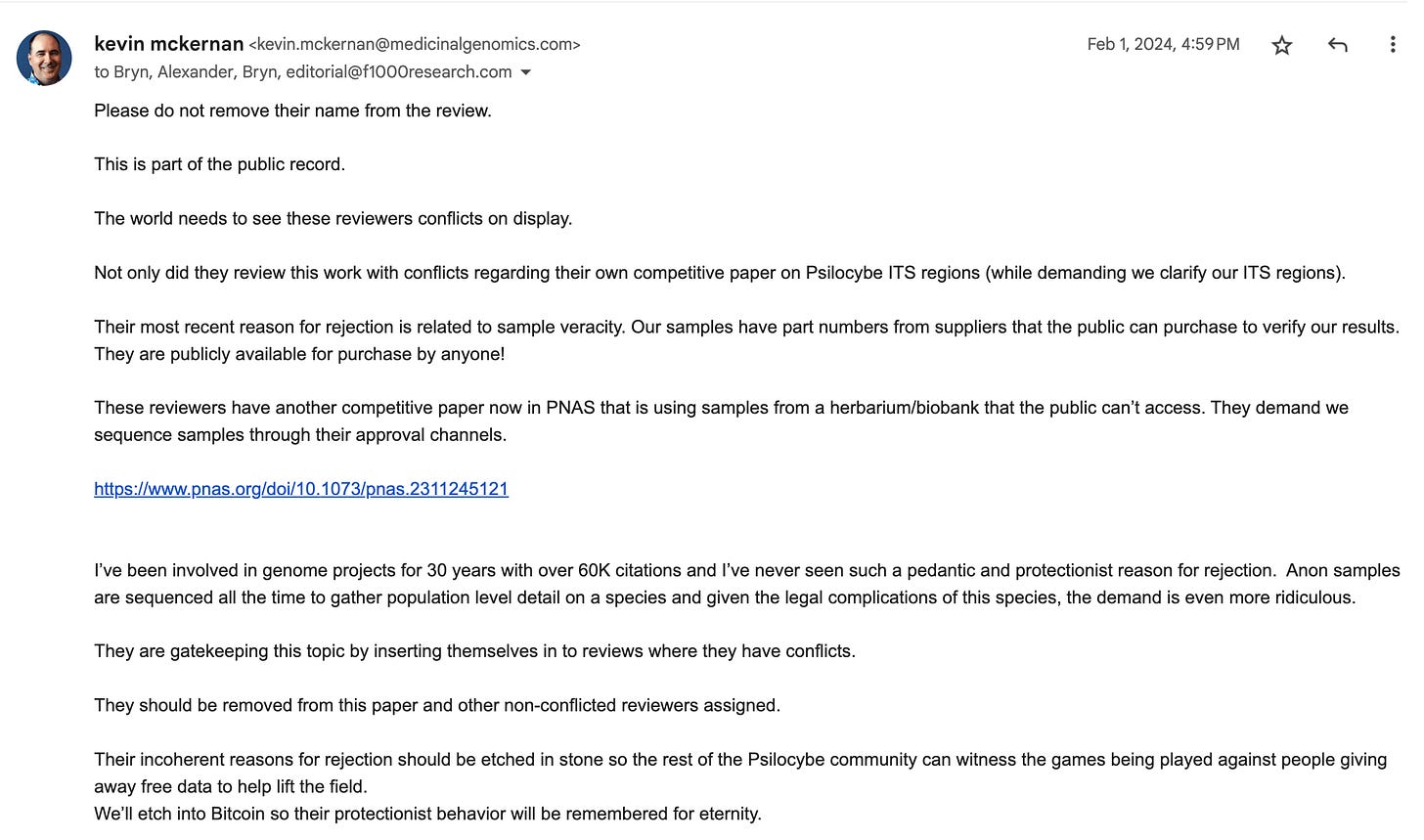

My father, a professor of electrical engineering with a career of over 50 years at a Research I university, consultancies with major corporations like Motorola, ADM, NASA, etc., submitted a publication to one of the IPCC's journals showing that climatologists made a major error in their regression models of atmospheric temperatures, and estimates of anthropogenic CO2 in that the data was never adjusted for nonstationarity (time-varying means) as must be done rigorously for regression analysis.
He used the same time-series of temps, and CO2 and did the regression as it must rigorously be done and the R2, or correlation coefficient, drops to below 0.5 from well over 0.9 in the flawed models meaning there's no significant correlation between anthropogenic CO2 , and slightly increasing atmospheric temps measured over time. Anthropogenic climate change is a scam.
After 50 years of publications in top journals for the first time in his career he had to call the journal editor to even get a review which was basically yeah, we're not interested.
Science has alot of gatekeepers, and with the Covid19 and modRNA bioweapon operation we all saw how crimimal the NIH, FDA, and other gatekeepers are.
Great article/takedown of the corrupt “science” publishers!
Why not do a video teaching us all how to do this genomic sequencing if it really only costs a couple thousand? Please take the time to do this! You can could have an army of citizen scientists in no time!
“Like” should have been likened by why quibble.
👊👊👊🙏🏼🙏🏼🙏🏼🙏🏼🍀🍀🍀❤️❤️❤️